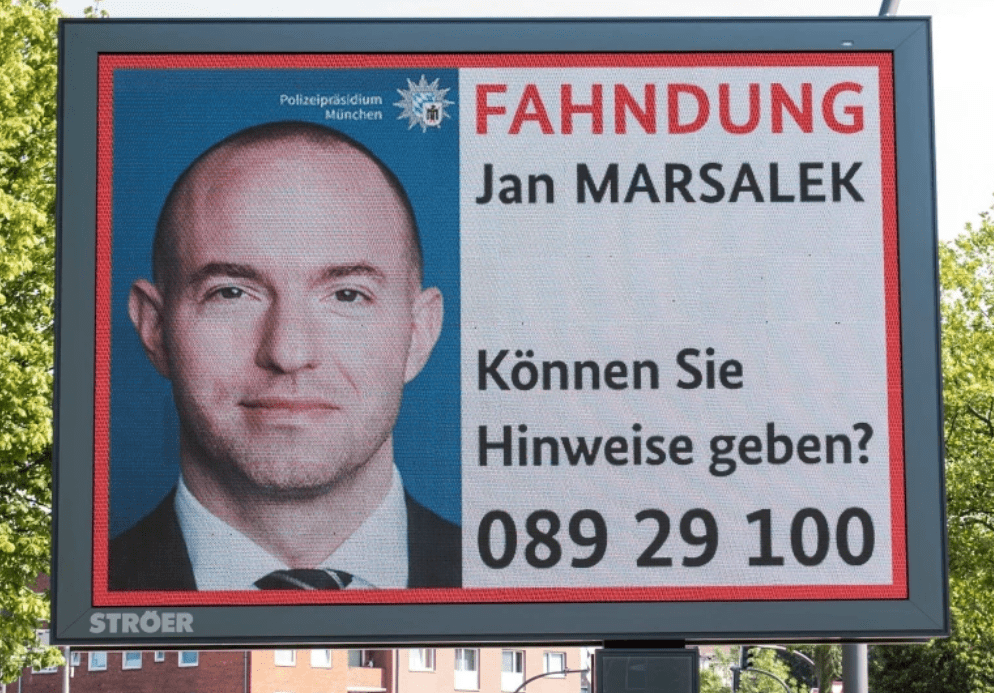The Wirecard scandal continues to unravel as James Henry O’Sullivan, a British businessman and close confidant of fugitive Wirecard executive Jan Marsalek, takes the stand in a Singapore fraud trial. O’Sullivan, accused of falsifying escrow account records that allegedly contained billions in Wirecard reserves, revealed damning insights into Marsalek’s clandestine operations. His testimony sheds light on espionage tactics, secretive communication methods, and deep ties between Wirecard and Russian intelligence networks.
Key Points
- O’Sullivan’s Testimony: Former Wirecard business partner James Henry O’Sullivan testified in a Singapore court, revealing details of his decade-long relationship with Jan Marsalek.
- Escrow Fraud Allegations: O’Sullivan and his co-defendant, Shan Rajaratnam, are accused of falsifying financial records to mislead Wirecard’s auditors at EY.
- Marsalek’s Espionage Tactics: O’Sullivan claimed Marsalek had access to journalists’ private communications and ran extensive investigations into Wirecard’s critics, including short sellers and reporters.
- Wirecard’s Russian Intelligence Links: Marsalek, now a known operative with ties to Russian intelligence, allegedly provided O’Sullivan with secure communication devices supposedly developed by Mossad.
- Legal Consequences: If convicted, O’Sullivan and Rajaratnam face up to 10 years in prison for their roles in the financial deception.
Short Narrative
The Wirecard fraud case has taken a dramatic turn with the testimony of James Henry O’Sullivan, a former close associate of Jan Marsalek. Speaking publicly for the first time, O’Sullivan revealed that his relationship with Marsalek spanned over a decade, involving business dealings across Monaco, Singapore, and Vienna. He recounted how Marsalek insisted on using Telegram for communication, which was entirely wiped when the executive vanished in 2020.
More alarmingly, O’Sullivan described Marsalek’s deep involvement in surveillance operations against Wirecard’s critics. He claimed Marsalek had access to a journalist’s private phone data and even presented him with printed copies of short sellers’ private WhatsApp chats. O’Sullivan further testified that Marsalek provided him with highly secure phones, allegedly designed by Israeli intelligence.
The Singaporean prosecution accuses O’Sullivan of directing his co-defendant, Shan Rajaratnam, to fabricate escrow account records that misled auditors into believing Wirecard held €1.9 billion in cash reserves. These fictitious reserves were central to the massive fraud that led to Wirecard’s collapse in 2020. The prosecution has presented extensive evidence, including 53 documents retrieved from Rajaratnam’s electronic devices, allegedly proving the fraud.
O’Sullivan’s defense claims the case against him is “pre-determined and misguided,” arguing that his involvement with Wirecard has been mischaracterized. However, his testimony has only fueled speculation about the full extent of Marsalek’s covert operations and his role as a key player in one of Europe’s biggest financial scandals.
Actionable Insight
Marsalek’s extensive use of espionage tactics to protect Wirecard raises serious concerns about corporate intelligence operations and their intersection with global financial fraud. Financial watchdogs must tighten oversight on payment providers with opaque business models, and regulators should investigate how intelligence-backed actors manipulate markets and evade accountability.
Call for Information
FinTelegram is actively investigating Marsalek’s shadowy network. If you have any insights into Wirecard’s operations, Marsalek’s activities, or related financial misconduct, contact us via Whistle42.com. Confidentiality is guaranteed.





